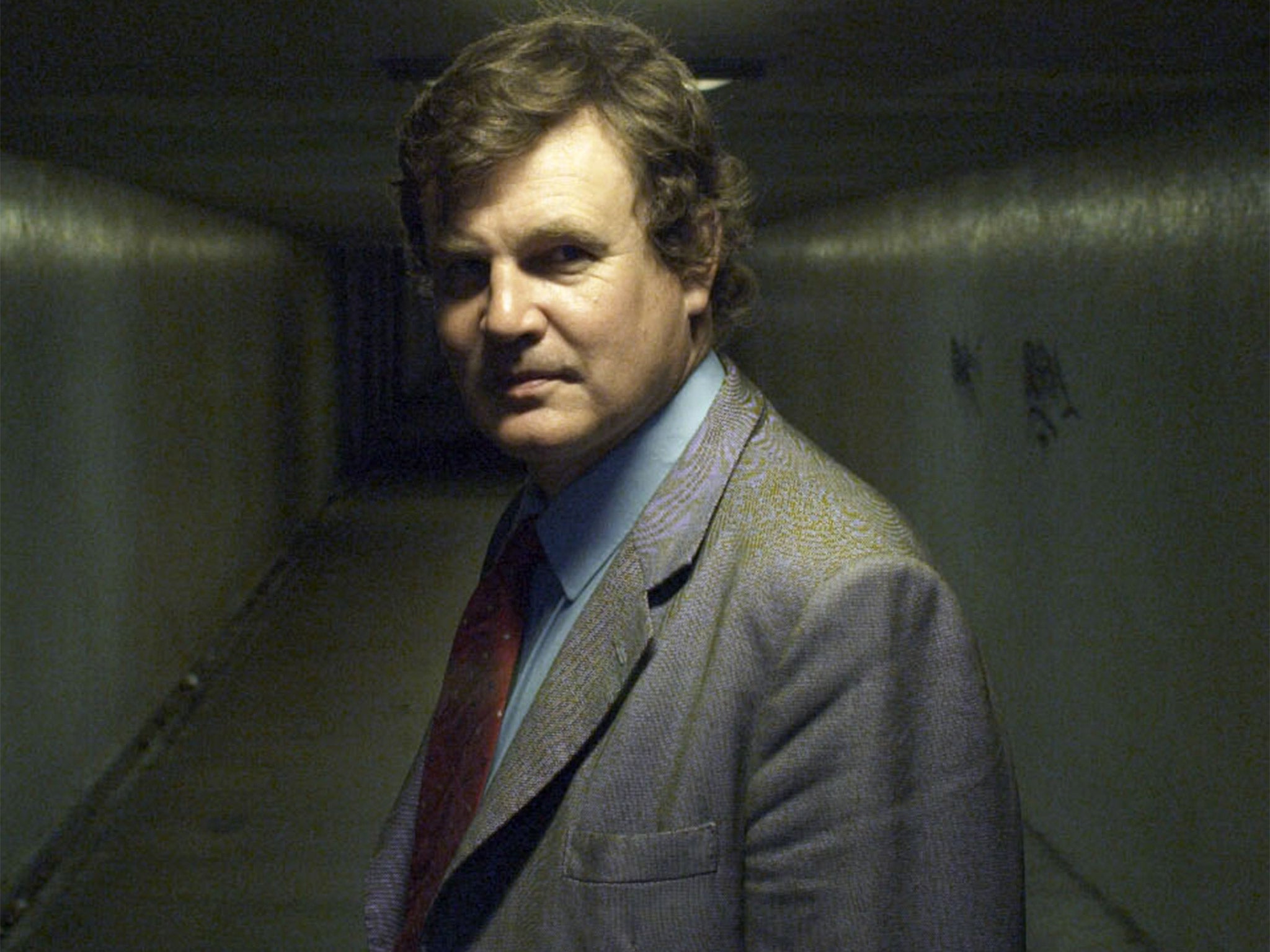The Telegraph has put at risk the most precious asset a newspaper has — the bond of trust with its readers
I know exactly what it's like to be faced with commercial pressures at a newspaper


Almost 30 years ago, when The Independent had just been born and the world was a very different place, I was working on the paper’s sports desk when we were presented with an ethical dilemma.
An advertiser – a high-street firm of bookmakers – wanted to sponsor our racing results. What they were asking for was a tiny advert next to the result of the 3.30 from Plumpton, and a line of type that said the results service was “in association with...”
It was a completely transparent arrangement, and the advertiser didn’t seek to influence our editorial approach. Nevertheless, it was, at the time, a ground-breaking transaction. Editorial space was sovereign, and no advertising message was allowed to encroach on it. We decided not to take their money, believing it was the thin end of a wedge. As it turns out, we may have been right, as the thick end of that particular wedge is now plain for all to see.
The other day, Peter Oborne (pictured), a respected political columnist, resigned from his newspaper, The Daily Telegraph, because he felt his bosses – worried about the loss of advertising revenue – had deliberately played down the revelation that HSBC had offered tax-avoidance advice to its clients, a story that was dominating the news agenda elsewhere.
The newspaper described the attack as “astonishing and unfounded” but the separation of church and state – jealously guarded at most news organisations – had, according to Oborne, broken down. The allegation was that editorial judgements were being exercised on the base motives of whether a commercial deal was being put at risk. As it happens, the Telegraph makes very healthy profits for its owners, the Barclay brothers, who live in splendour and secrecy in the Channel Islands.
The schism at the Telegraph was deemed worthy to be the lead story on Newsnight, which is edited by a former Guardian journalist. The BBC and the Guardian have different funding models from the rest of us, allowing their journalists to maintain a lofty distance from the grubby commercial world, and while this story is of interest and some importance within a small(ish) radius, the real world, I’m sad to report, is full of compromise.
The most shocking other claim of editorial interference at the Telegraph mentioned on Newsnight was that the review of a children’s movie had been changed from two stars to three – small beer compared with other news scandals of recent years.
I am not diminishing Mr Oborne’s courage or high-mindedness: his was a stand worth making. In other newspapers, the sword of truth may be blunted by commercial interests – witness the Murdoch papers’ coverage of the phone-hacking scandal – but the Telegraph was putting the interests of advertisers ahead of readers. And for no apparent reason: it’s not known whether HSBC even threatened to pull its advertising.
In so doing, the paper put at risk its most precious asset – the bond of trust with its readers. That realisation may have belatedly sunk in: yesterday the Telegraph put the story that Swiss prosecutors had raided the HSBC offices on its front page. And so a stable door was closed...

Join our commenting forum
Join thought-provoking conversations, follow other Independent readers and see their replies